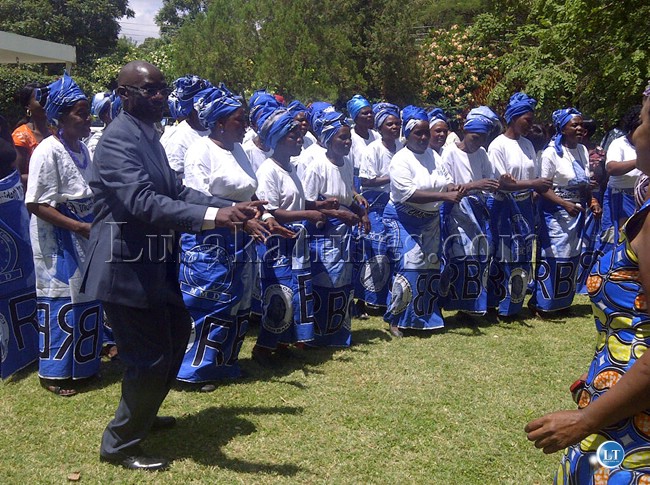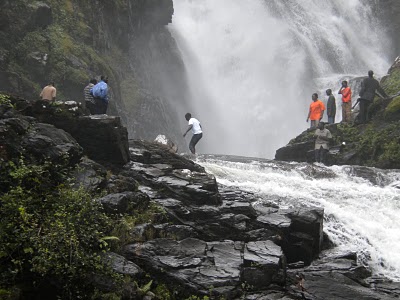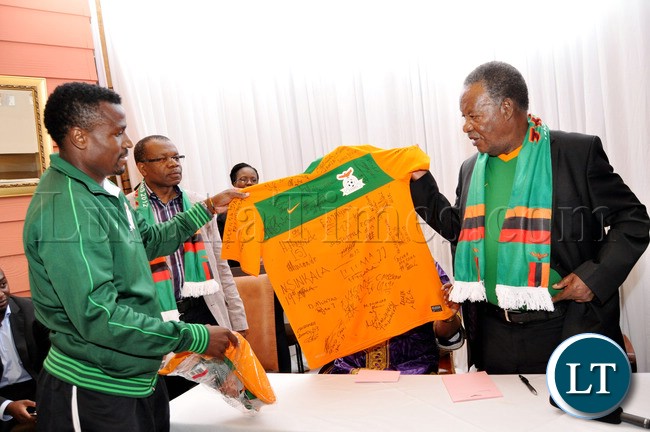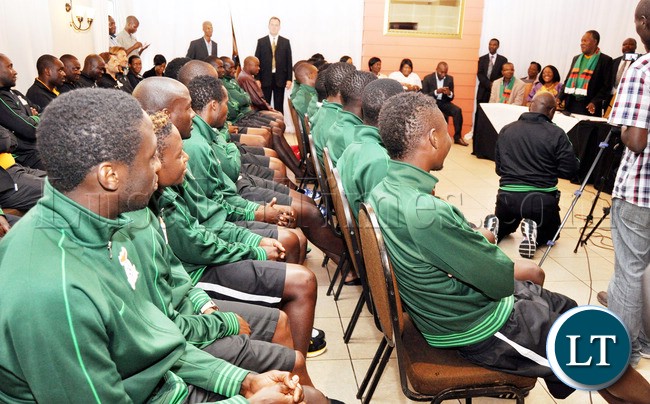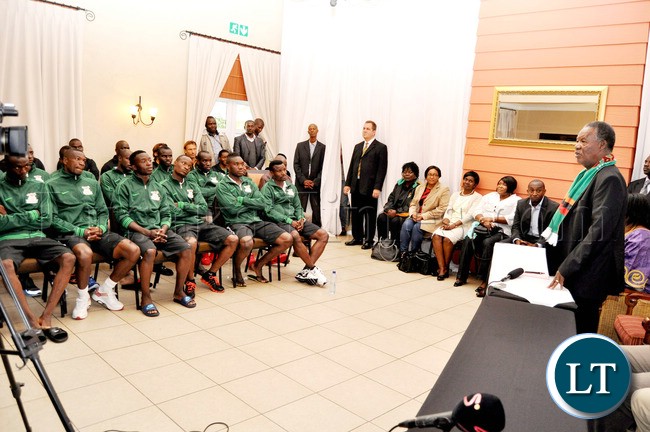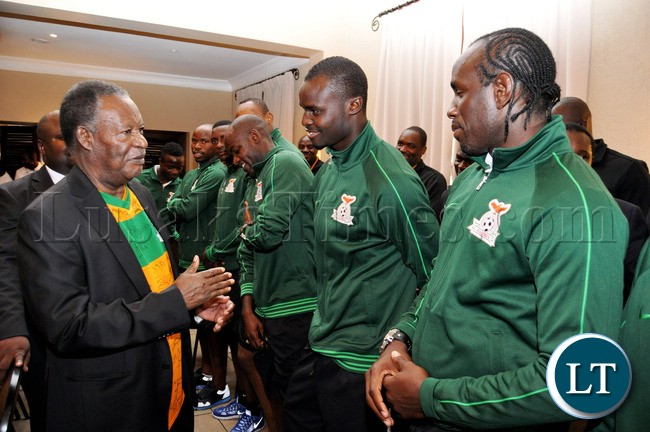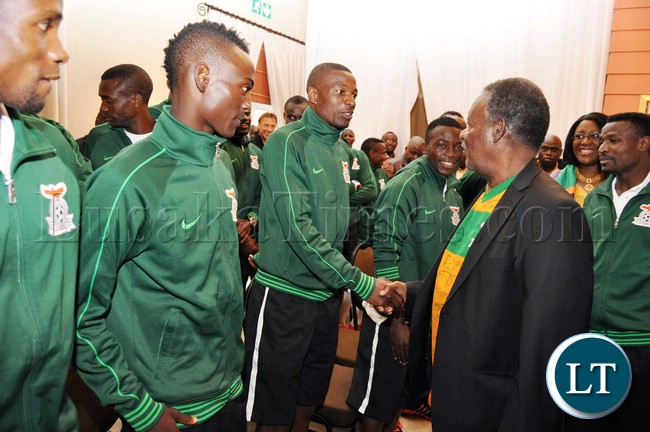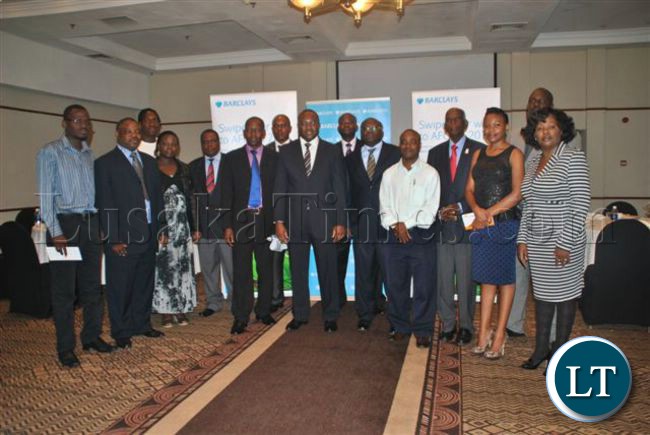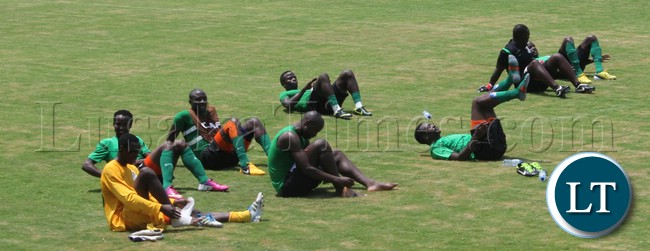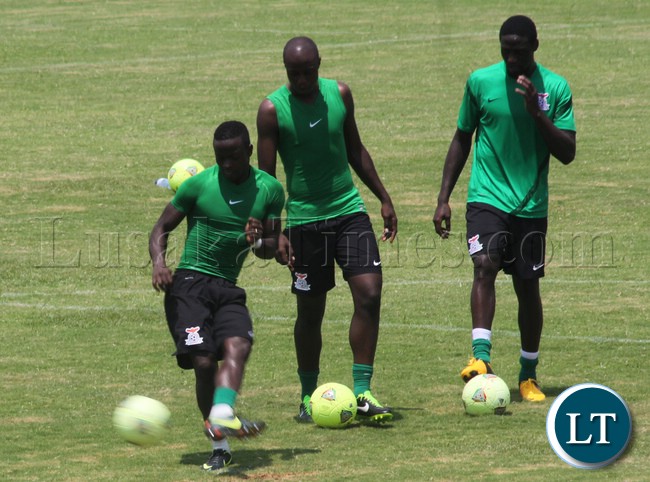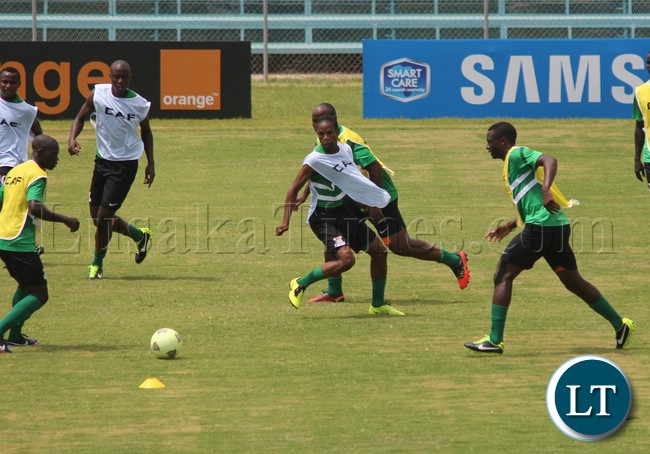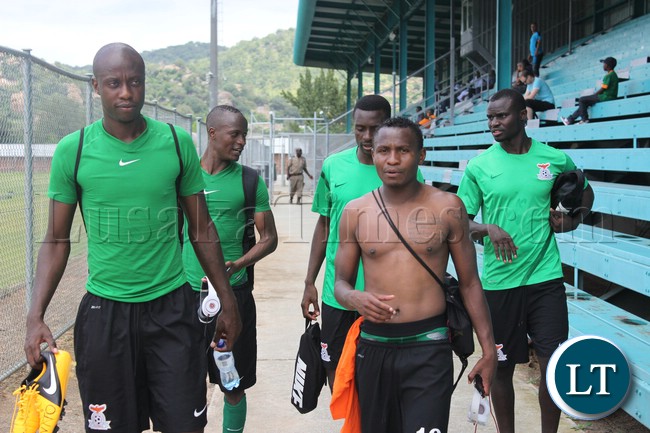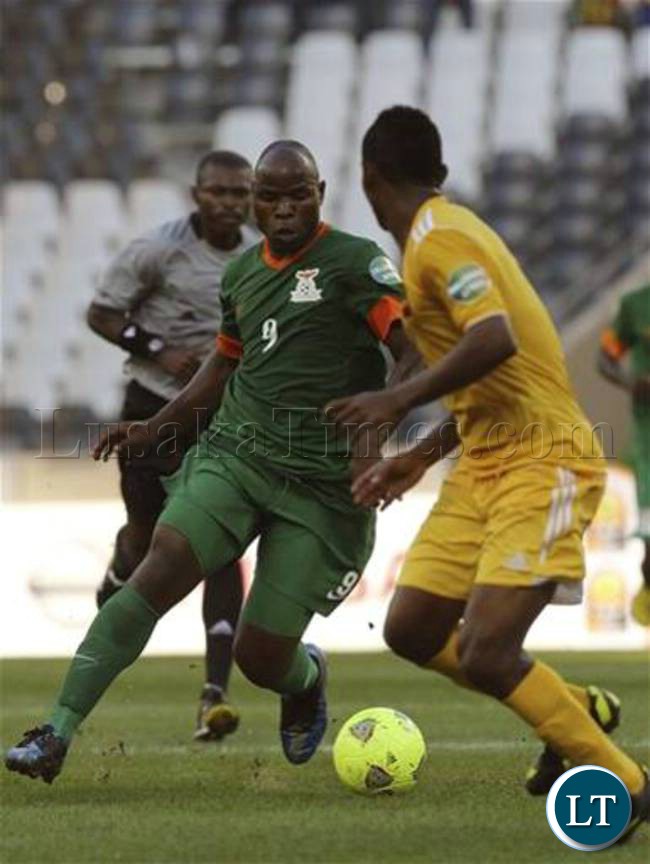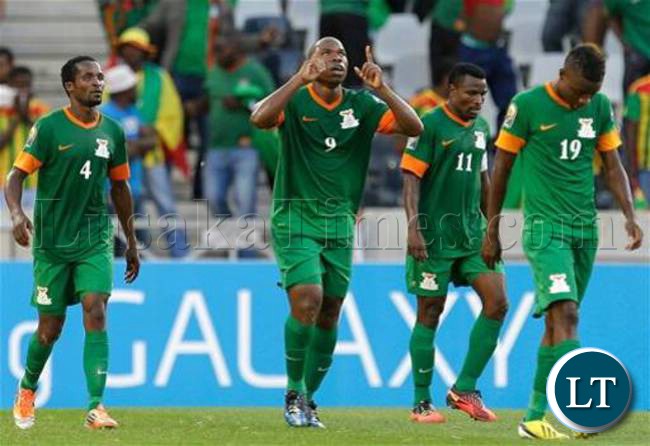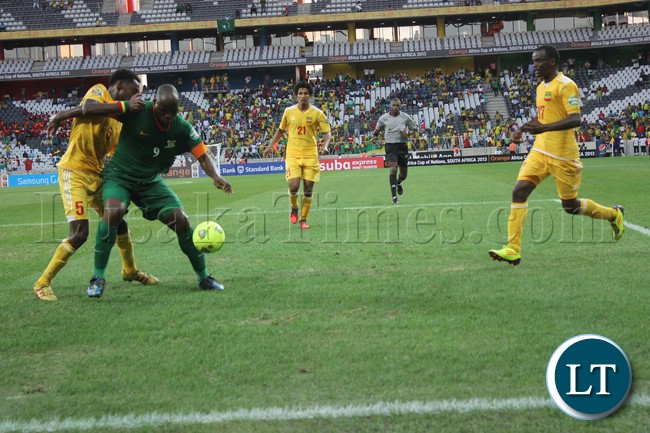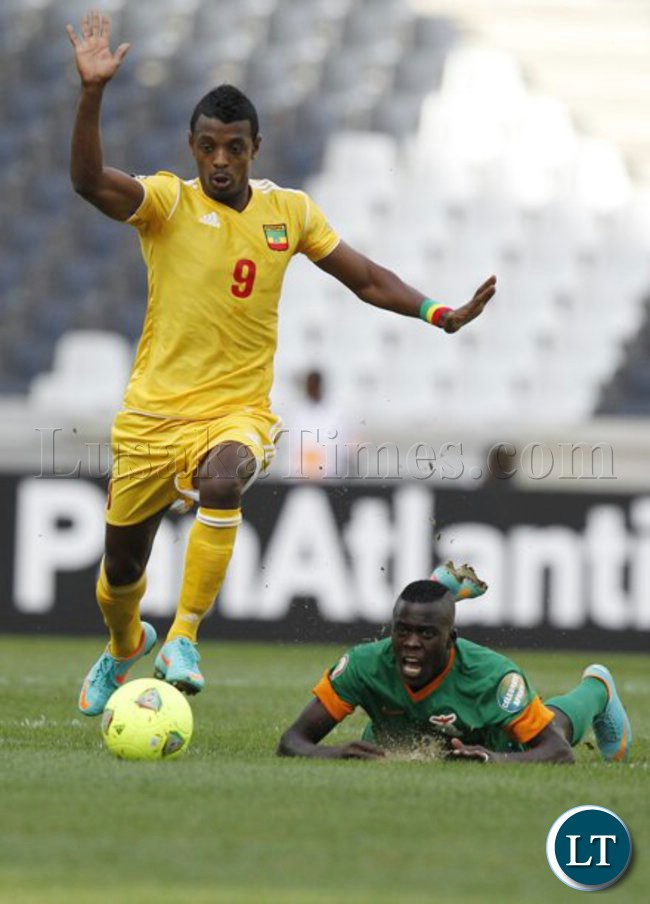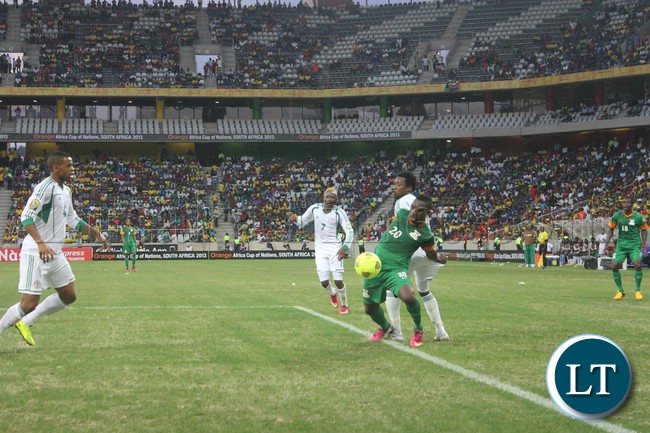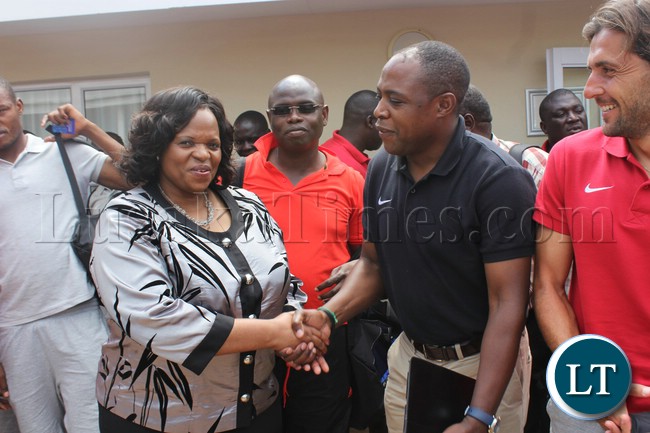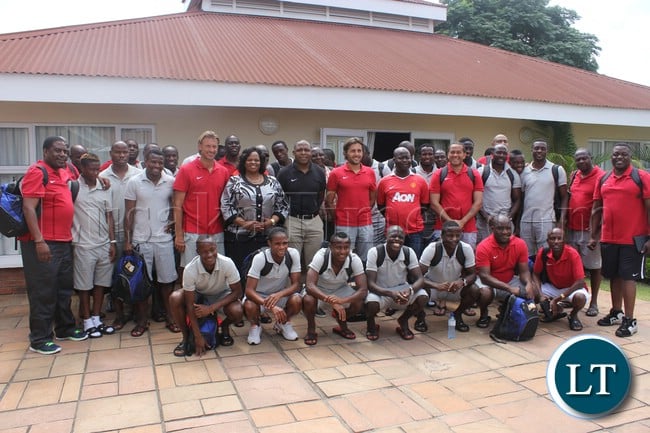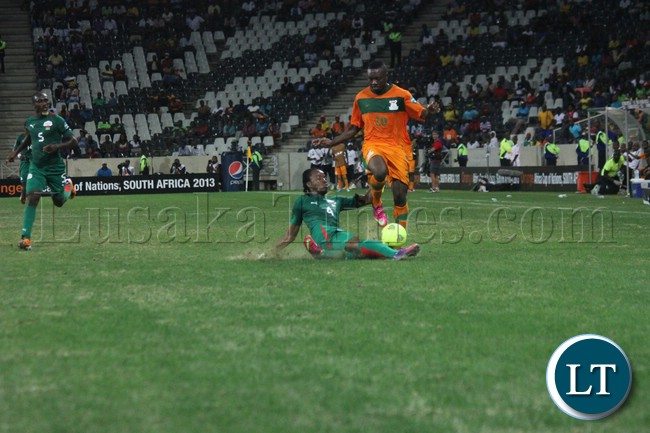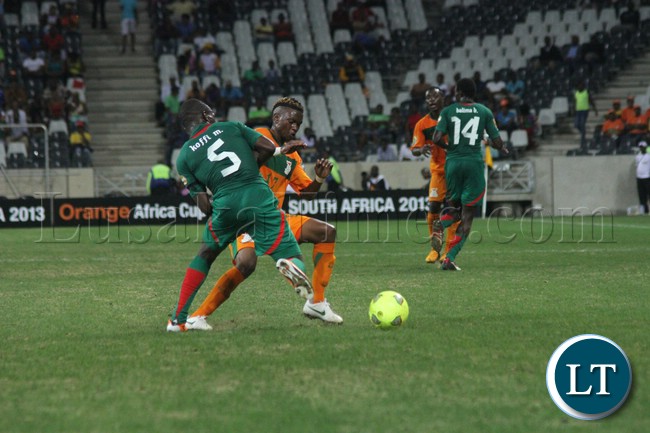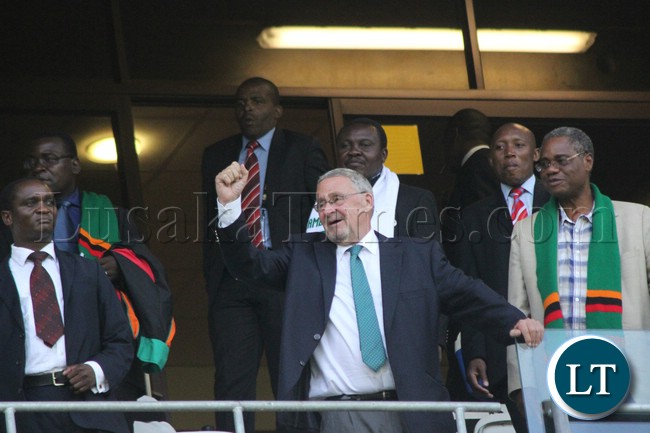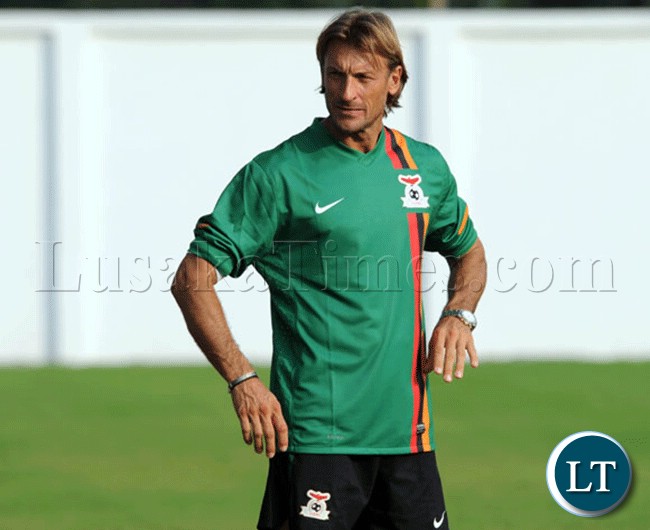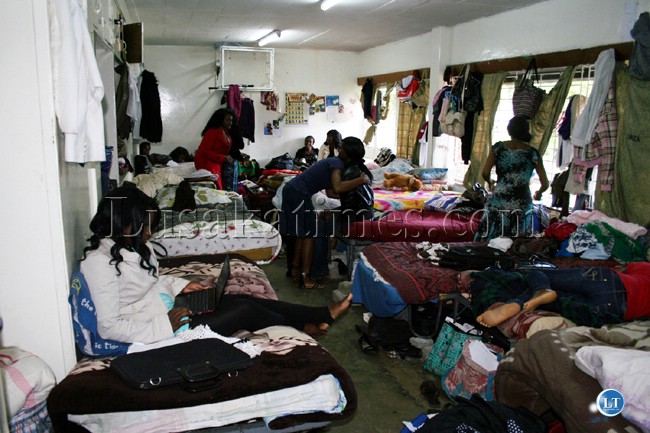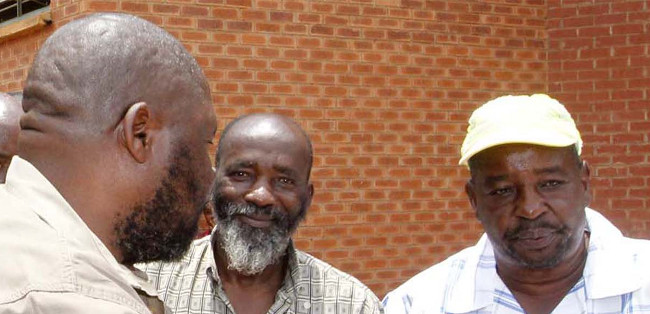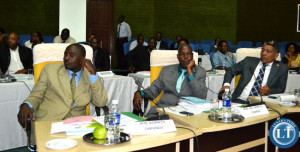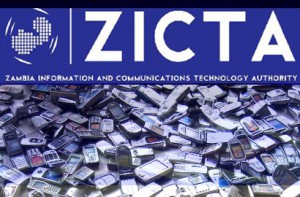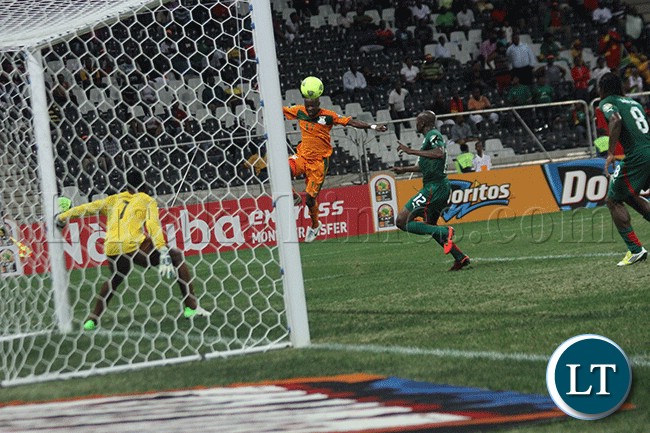THE PARALLEL UNIVERSE SERIES
ISSUE NUMBER 2: DELIVERING A PEOPLE DRIVEN CONSTITUTION
Introduction
We continue with our second instalment in our “Parallel Universe Series” in which we point out the issues that the Patriotic Front are expected to address now that they are in power, in order to ensure that they live up to their governance responsibilities to the people. Last week, we issued a statement on the mealie-meal crisis. Given the complicated nature of the maize story, the statement we issued was longer than many would have been prepared for but there was no simple way to break down the problem. We can predict that the price of mealie-meal will eventually start to rise again and will only be kept low at great cost to the country. This is because once current stocks run out – and depending on next year’s harvest – we may end up having to import very expensive maize. In order for people to be able to continue to afford mealie-meal, Government will have to carry the extra costs. This is likely to have a serious impact on the ability of the PF to implement its already tattered development plans.
Wavering commitment
This week, we look at the foot dragging by the Patriotic Front on the Constitution. Towards the end of last week, Minister of Information and Broadcasting, Kennedy Sakeni suggested that the PF administration might not hold a referendum prior to the introduction of the much anticipated new Republican Constitution. The promise of a new Constitution was not only a clear campaign promise but was repeated by the Republican President less than one month after his swearing-in ceremony. This week, therefore, we highlight the lack of commitment by the PF administration to a people-driven Constitution-making process and set out NAREP’s proposals on how this process can be undertaken in a manner that will: (a) save resources; and (b) deliver a more people-driven document that can stand the test of time.
The promise
Let us start with the words that were uttered by President Sata during the official opening of Parliament on 14 October 2011:
“… the PF government attaches great importance to good governance and we are committed to delivering a new people driven constitution within ninety days. To this effect, we are in the process of consulting stakeholders with a view of establishing a committee of experts to review the recommendations of all previous constitutional review commissions in order to come up with a draft people’s constitution. The draft constitution will be subjected to a referendum and subsequently presented to parliament for enactment.”
There were several problems with this statement. First, as we had immediately pointed out after the announcement was made, it was not going to be possible to deliver a draft “people-driven” Constitution within 90 days. Some commentators and so-called experts said that it was simply a matter of drafting a document that would then be circulated and that such drafting could be accomplished within 90 days. They, however, missed the point. In order for the constitution to be people-driven, the draft would need to be put to the people for their comments otherwise it would be a Technical-Committee driven constitution and not a people-driven one. 90 days was clearly not going to be enough time to draft a new document as well as collect the views of people from across the country.
In the end, the drafting process was only completed 6 months after the President’s address with the initial report being released on 30 April 2012. We are now approaching the one year mark and all the indications are that the revised draft Constitution will only be ready in June (14 months after the initial draft was released). On top of all this, the costs associated with the current process are astronomical: in the 2012 budget, the PF administration allocated K95 billion (rebased K95 million) for the Constitution making process and in this year’s budget they have allocated an additional K15 billion (rebased K15 million).
While the cost of creating a new constitution will always be high because of the nature of the exercise required to be undertaken, the manner in which the funds are being spent needs to be reconsidered. There can be no doubt that the Constitution is an important document and that it is our best hope of ensuring that political power is not concentrated in too few hands or used excessively or abused. However, as we allocate resources towards such an exercise, we need to remain mindful of the many challenges that the majority of our people are going through:
- poverty and ignorance through lack of accessible quality education remain a hindrance to many, particularly those living in rural communities
- access to electricity is only available to 23 per cent of the population (approximately 3 million people out of over 13 million) and out of these, only 3 per cent of rural homes (390,000 people) have access
- poor road infrastructure cuts off many from any gains of development which are unevenly distributed even in the urban areas where many have no access to clean drinking water and safe sanitation.
It is for these and other reasons that any government in Zambia must be a careful steward of the limited resources that are available for development. Allocating and spending K110 billion (rebased K110 million) on a Constitution-making process should therefore be very carefully scrutinised.
The challenge
Making a constitution that will stand the test of time is not easy because to really carry the goodwill of the people, it must involve the people. And this is where the challenge lies. Unlike the drafting of the American Constitution by what were known as the Founding Fathers, our recent history has shown that our politicians rarely have the needs of the people in mind when they are carving out power for themselves. Their decisions are primarily based on how they can tailor the laws to exclude perceived political enemies and ensure a continued hold on power. To avoid facing such an outcome in the current process, we need a framework for debating the constitution that will involve as many people as possible.
But involving the people requires us to ensure that we have access to the people. This is not easy because over 60 per cent of our population (over 8 million people) live in rural locations. We have a vast country that stretches over 750,000 square kilometres across terrain that is not easy to navigate. Populations in rural communities are generally found in clusters and they often have to navigate hostile terrain to access the most basic of services like healthcare and school. Every year children and adults die trying to cross fast-flowing streams that cut off their communities during the rains and many are left to die in homes because they cannot access even the most simple of healthcare facilities.
[pullquote]You have to question the so-called wisdom of repeating the same approach that has been consistently applied in every Constitution-making process, namely the holding of limited sessions in various provincial and district locations with select groups of participants.[/pullquote]
When you consider this, you have to question the so-called wisdom of repeating the same approach that has been consistently applied in every Constitution-making process, namely the holding of limited sessions in various provincial and district locations with select groups of participants. It is important to understand that the total number of submissions in every Constitution review process that Zambia has undertaken since independence has produced less than 14,000 written and oral submissions. This amounts to approximately 0.1 percent (or a mere 10 percent of 1 percent) of Zambia’s current population. Clearly, the approaches of the past have been tried, tested and have failed to ensure that the voice of the people has truly been heard.
In order to be effective, we need a process that can ensure that even those with limited vocabulary or understanding of the English language and those that have not advanced themselves in formal education, can still have their say. This will not be done by limiting translations to the seven official local languages. It will not be done by relying on district and provincial tours. What is required is new and innovative thinking and strangely enough, something very positive that the PF administration has done since they came into power can help hugely to achieve a more widespread and cost-effective approach to Constitution-making, as we explain in setting out the way forward.
The way forward
NAREP has always favoured a three-step approach to constitution-making. It is an approach designed to ensure that we have the full participation of the public while at the same time, making the most effective use of our public resources and delivering a people-driven document in a timely manner.
The first step would be to put in place a clear roadmap on the constitution-making process that would be protected by an Act of Parliament. The roadmap would determine the timing of the various actions as well as the final date for enacting the new Constitution. Parliament would also pass or implement laws that would introduce the following institutions:
- A Boundary Commission (which would address the creation of any new constituency boundaries)
- A Referendum Commission (that would prepare for the impending referendum on the implementation of the new Constitution)
- An Independent Court (which would address constitutional issues and protect the Constitution-making process).
The second step is to identify those areas of the constitution in which there is little public disagreement about the desired change. This would include the decision to have a fixed date for the next election. Incumbent administrations like to be the ones that determine when the next election will take place but this does not provide a level playing field for all parties wishing to contest elections. If everyone knows exactly when the next election will be, no one will be taken by surprise and the incumbent administration cannot manipulate the timing. The issue of dual citizenship is another example. It appears that only certain individuals within the PF are unaware that dual citizenship is something that benefits Zambians and not foreigners. These steps are important because to carry out a proper exercise will take time. Seeking to make some preliminary amendments will allow the PF to show goodwill to the general public and demonstrate the seriousness of the PF administration in seeking to promote the introduction of a people-driven constitution.
[pullquote]It appears that only certain individuals within the PF are unaware that dual citizenship is something that benefits Zambians and not foreigners.[/pullquote]
The third step would be to involve community radio stations in promoting debate on the Constitution and collecting responses from the general public about the various provisions. This would be the most extensive radio education exercise ever conducted. Information about the Constitution would be aired in local communities in the local language of each particular community and would not be confined to the official local languages. It was after all, Nelson Mandela who wisely noted that speaking to a person in a foreign language speaks to their mind but speaking to them in their own language speaks to their heart. National and community radio stations have the means to promote and accurately record discussions on even the most complicated matter in the constitution and they can do this in the language of the community that they serve.
[pullquote]National and community radio stations have the means to promote and accurately record discussions on even the most complicated matter in the constitution and they can do this in the language of the community that they serve.[/pullquote]
Further benefits of utilising national and community radio stations are that they have the widest possible reach in even remote locations where people have no access to television and print media. Both of these information dissemination methods are not able to successfully address the lack of literacy and the need for people to understand the provisions of the Constitution in their own language. Only community radio can do this efficiently. The PF has done a tremendous job in promoting the proliferation of community radio and should not squander the opportunity to make the most of this platform for delivering its development agenda. An additional benefit is that the funds spent using this approach will benefit local communities because the money will be channelled to the many young entrepreneurs that own the majority of local radio stations as well as non-Governmental organisations that can be commissioned to prepare the content for rural education and discussions on Constitutional matters.
Conclusion
The process of creating a new Constitution is never easy and will come with great cost. It is important to understand that if the exercise is to be done right, it cannot be rushed. The PF administration must embrace the opportunity to deliver a document that will stand the test of time. If they abandon their politicking and focus as much energy on delivering a people-driven constitution as they seem to be prepared to do in dealing with their perceived political foes, they will leave a positive legacy on future generations.
Elias C. Chipimo
NAREP President
25 January 2013
